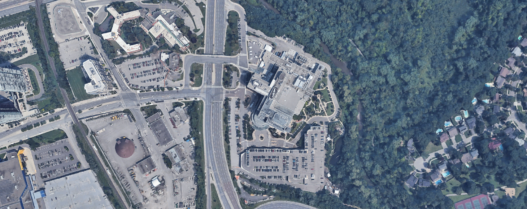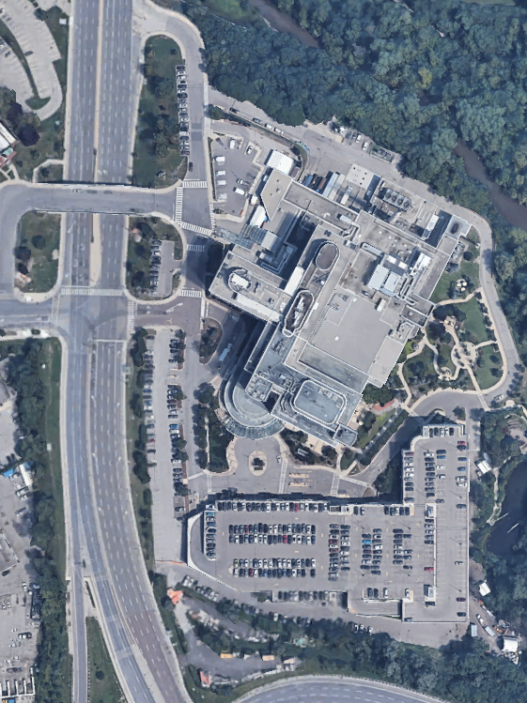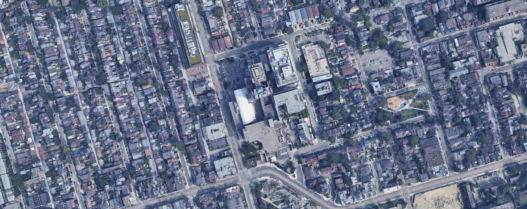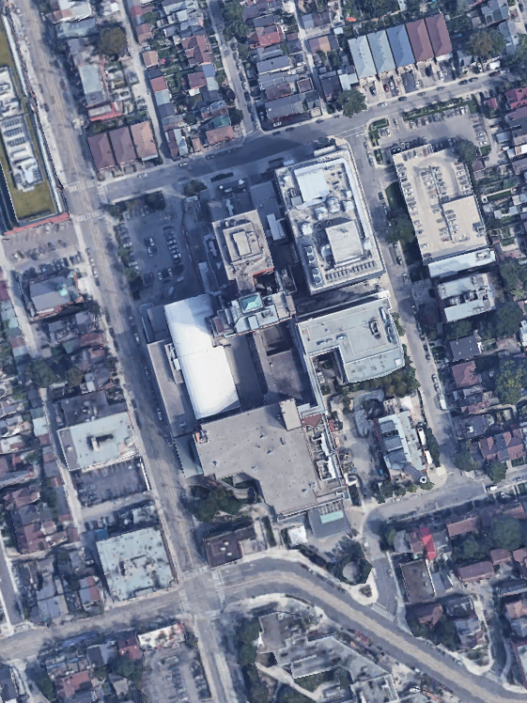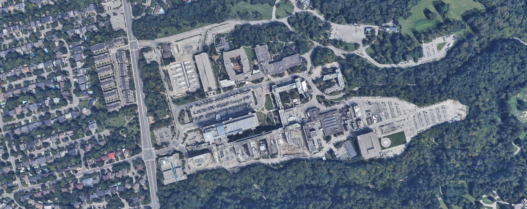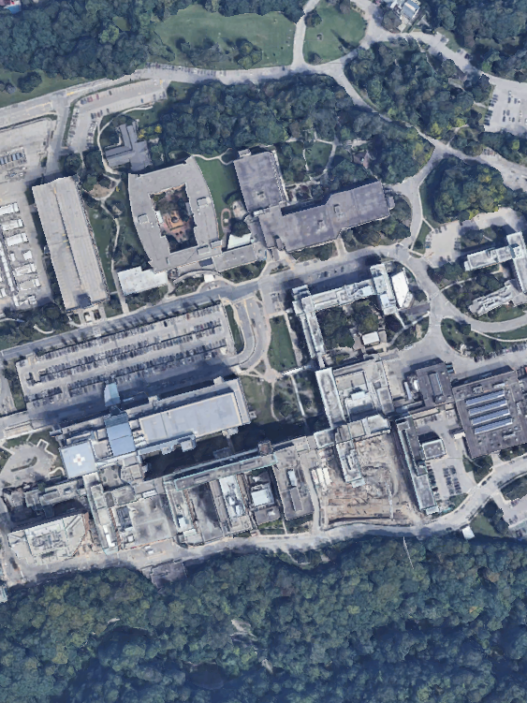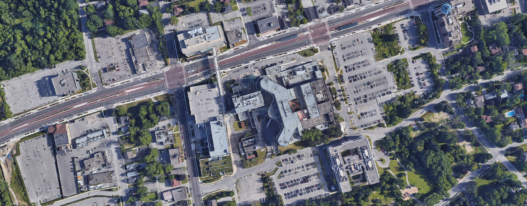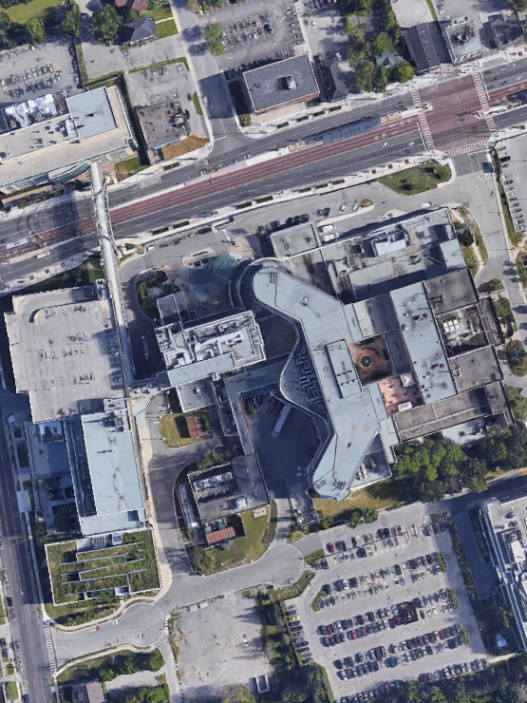Knee replacement surgery wait times can be long for British Columbia residents. Long wait times can potentially increase fall risk for seniors.
⬇️ Scroll down to compare hospitals by expected wait time. Always verify the current expected wait times with your primary care physician or referred specialist.
Knee replacement surgery involves replacing a damaged knee joint with an artificial one, commonly needed by individuals with severe arthritis or significant knee damage, causing chronic pain and mobility issues.
Wait 1 is defined as the time between a patient receiving a referral from a primary care physician and their specialist consultation. Wait 2 is defined as the time between the decision to proceed with surgery and the surgery itself.
Table of Contents:
- Introduction
- Paying for knee replacement surgery in BC
- BC doctors with shortest knee replacement surgery wait times
- BC doctors with longest knee replacement surgery wait times
- Interpreting wait times & data limitations
- Advocating for better data access
Introduction
Knee replacement surgery in British Columbia (BC) is a critical procedure aimed at alleviating pain and restoring function in knees damaged by arthritis or injury. This surgery is particularly beneficial for individuals experiencing severe knee pain and mobility issues that significantly impact their quality of life. The primary goal is to remove the damaged knee components and replace them with artificial parts to improve joint movement and reduce discomfort.
Before undergoing knee replacement surgery, patients in BC are thoroughly evaluated to determine the most appropriate treatment plan. This evaluation includes a comprehensive review of the patient’s medical history, physical examinations, and imaging tests such as X-rays or MRIs to assess the extent of knee damage. Surgeons discuss with patients the surgical options, including the types of prosthetic knees available and the potential risks and benefits of the procedure.
Knee replacement surgery in BC is typically performed under general or spinal anesthesia. The procedure involves making an incision to access the knee joint, removing the damaged bone and cartilage, and then fitting the new artificial knee joint into place. The surgery usually takes a few hours, followed by a recovery period in the hospital, which can vary depending on the patient’s overall health and the specifics of their surgery.
Post-operative care is essential for a successful outcome. In BC, patients receive detailed instructions for home care, including wound care, pain management, and activity restrictions to ensure a smooth recovery. Rehabilitation plays a crucial role in the recovery process, with physical therapy starting soon after surgery to help strengthen the knee and improve flexibility. Most patients will continue physical therapy for several weeks or months, gradually regaining mobility and returning to their daily activities.
Paying for knee replacement surgery in BC
In BC, the Medical Services Plan (MSP) covers the cost of knee replacement surgery for eligible residents, ensuring that patients receive necessary medical care without the burden of substantial out-of-pocket expenses. This coverage includes the surgical procedure itself and hospital stay, although there may be additional costs for certain types of prosthetic knees or enhancements not covered by MSP.
BC hospitals with shortest knee replacement surgery wait times
Below are five top hospitals in British Columbia which have the shortest wait times for knee replacement surgery:
- 🥇 Vancouver General Hospital (VGH) has the shortest wait time at 2 weeks for knee replacement surgery in British Columbia
- 🥈 Prince Rupert Regional Hospital, with an average wait time of 7.5 weeks, ranks second for the shortest wait time for knee replacement surgery in British Columbia
- 🥉 Kitimat General Hospital and Health Centre, with an average wait time of 8.1 weeks, ranks third for the shortest wait time for knee replacement surgery in British Columbia
- Penticton Regional Hospital, with an average wait time of 12.1 weeks, ranks fourth for the shortest wait time for knee replacement surgery in British Columbia
- Dawson Creek And District Hospital, with an average wait time of 12.1 weeks, ranks fifth for the shortest wait time for knee replacement surgery in British Columbia.
BC hospitals with longest knee replacement surgery wait times
Below are five top hospitals in British Columbia which have the longest wait times for knee replacement surgery:
- 🐌 University Hospital of Northern British Columbia has the longest wait time at 89.7 weeks for knee replacement surgery in British Columbia
- 🐢 East Kootenay Regional Hospital, with an average wait time of 59.3 weeks, ranks second for the longest wait time for knee replacement surgery in British Columbia
- 🦥 St. Paul’s Hospital, with an average wait time of 59 weeks, ranks third for the longest wait time for knee replacement surgery in British Columbia
- North Island Hospital Campbell River and District, with an average wait time of 51.9 weeks, ranks fourth for the longest wait time for knee replacement surgery in British Columbia
- Royal Columbian Hospital, with an average wait time of 39.7 weeks, ranks fifth for the longest wait time for knee replacement surgery in British Columbia.
Interpreting wait times & data limitations
Several factors can extend the average wait times for surgery in British Columbia. Clinical considerations often lead doctors to delay surgeries based on a patient’s medical needs or other priorities. Additionally, patients may postpone their procedures due to personal reasons like scheduling conflicts, financial constraints, or a preference to delay treatment. The availability of hospital operating rooms also plays a critical role. These spaces are necessary for surgeries but can be scarce if occupied for other medical procedures or impacted by labor shortages. Seasonal variations further influence both room availability and staffing levels, potentially prolonging wait times during certain periods.
Conversely, average wait times can sometimes seem shorter than anticipated due to various factors. Some patients have flexible schedules, allowing them to fill slots that become available unexpectedly, thus shortening their wait. This adaptability, when averaged with others, can make overall wait times appear more favorable. Seasonality affects this dynamic as well, with certain times of the year experiencing lower demand for surgeries or increased temporary staffing, which can enhance room availability and reduce delays.
Advocating for better data access
We are thankful for the Province of British Columbia’s efforts in providing hospital wait times for surgeries. British Columbia stands out globally for its transparency in reporting hospital wait times and covers a wide array of medical procedures.
We encourage the Province of British Columbia to expand its data reporting to include average wait times by hospital, as seen in Ontario, Alberta, Manitoba, and Nova Scotia. This information would greatly benefit patients by allowing them to choose doctors with shorter wait times.
Readers can consider reaching out to the Province of British Columbia to advocate for this beneficial change.
Learn wait times for common medical procedures in British Columbia:








